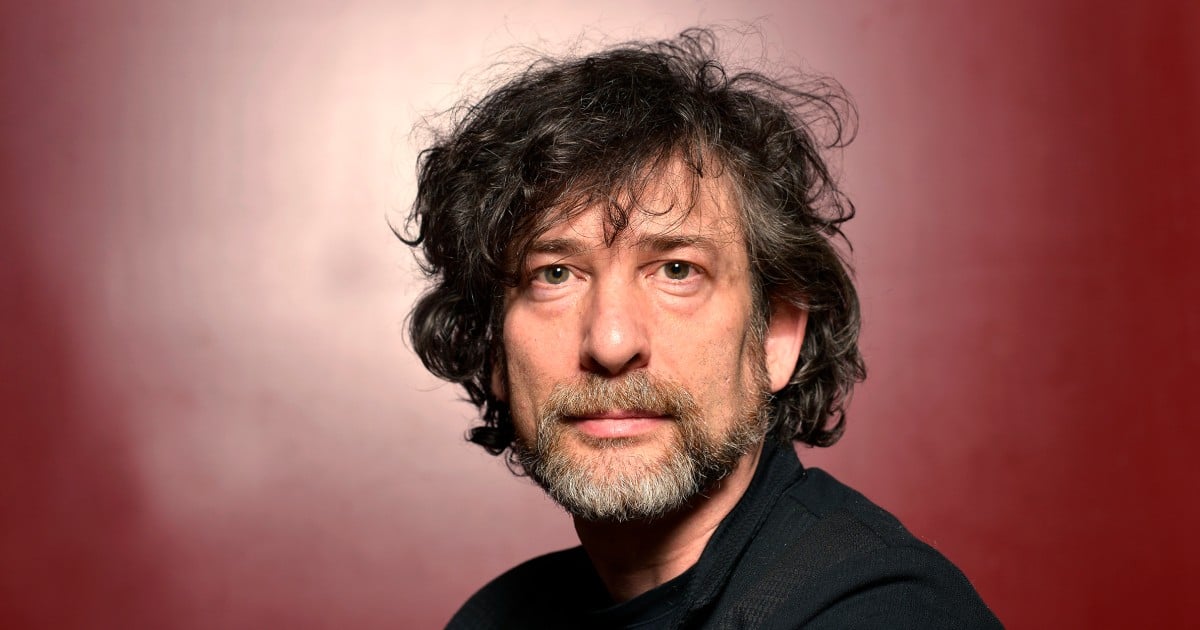- cross-posted to:
- [email protected]
- cross-posted to:
- [email protected]
Leaked emails show organizers of the prestigious Hugo Awards vetted writers’ work and comments with regard to China, where last year’s awards were held.
Organizers of the Hugo Awards, one of the most prominent literary awards in science fiction, excluded multiple authors from shortlists last year over concerns their work or public comments could be offensive to China, leaked emails show.
Questions had been raised as to why writers including Neil Gaiman, R.F. Kuang, Xiran Jay Zhao and Paul Weimer had been deemed ineligible as finalists despite earning enough votes according to information published last month by awards organizers. Emails released this week revealed that they were concerned about how some authors might be perceived in China, where the Hugo Awards were held last year for the first time.



Can someone tell me whether Cixin Liu’s Three Body Problem series is stained by Chinese communist propaganda? Because I find the story very appealing, but am wary of the many awards that the series won in Communist Pseudo-China. Are there any undertones I missed?
I was amazed he got away with the first part of the first book which describes aspects of the Cultural Revolution in great detail and doesn’t shy away from the whole teenagers murdering their teachers aspect. He is publically pro-goverment in the way you’d better be as a public figure in China. The books, especially the first one, are good.
I liked the ideas in the books more than the books itself. as a peice of literature I thought the writing was mediocre at best, characters with the depth of cardboard. maybe some nuance is lost in translation, but I don’t quite understand the hype. but the concepts like I said, fantastic
I think the concepts are what is getting people. Like you say, the characters are shallow, but the ideas are food for thought and feel decently novel, at least to me.
Collectivism I guess.
Much of this could be said about one of the iconic figures, Isaac Asimov. Many of his characters were very two-dimensional, and all but a couple of the female characters had only one. The concepts, though!
I don’t recall any overt tones. I think it is so highly awarded because it isn’t anti-CCP, though I don’t remember ever feeling like it took any time away saying it was good, either.
You can tell the book is written from within China. It has some different perspectives to what you’d normally find in a “western” book, but not in a propaganda way. Worth the read
Every Chinese person will be cautious about some topics but the book is fine.
I’d say that it’s substantially about the cultural revolution and imo gives it an overall negative treatment that happens to align with the present transition away from hardcore Maoism in China. Cultures are not so monolithic as to be functions of their local propaganda. Much like, say, the US is producing a lot of good science fiction despite having an unhealthy love of capitalism.
I believe it was the third book of the series where he essentially describes a unified humanity that was basically a mix of China and the USA. I’m doubtful that aligns well with the expectations of the Communist Party of China, but maybe? 😆